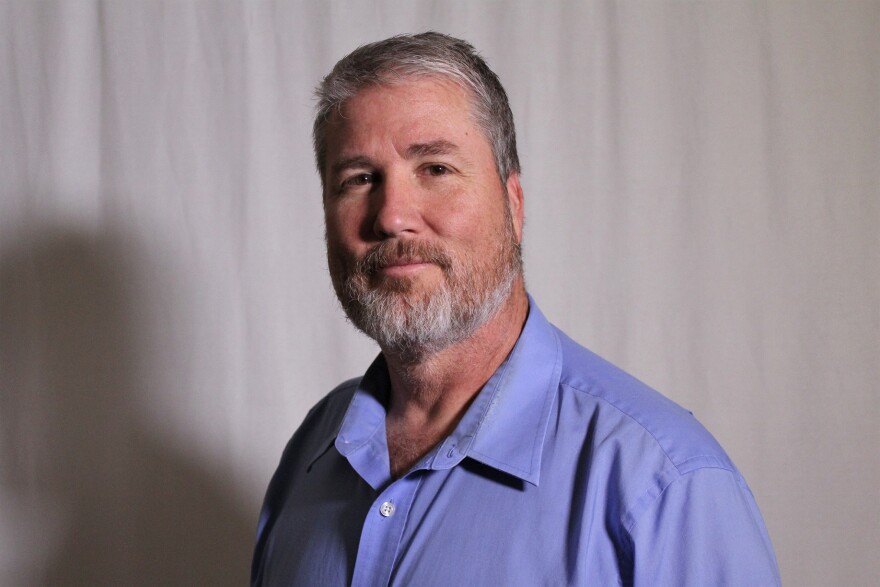Kyle Mead got more than he bargained for after he agreed to a one-year contract to temporarily house Kansas City inmates.
Mead is the president and CEO of Heartland Center for Behavioral Change. After ending its contract with the Jackson County jail in June, Kansas City offered Mead a $3.2 million contract to provide 110 bed spaces for what he said he thought would be inmates detained for low level offenses.
Since then, six inmate escapes and one death have brought negative attention to the formerly little-known rehabilitation center.
"No question we've taken a hit to our reputation," Mead said. "And I'm certainly not going to excuse Heartland Center and what we've done, what I've done under my leadership here."
Jackson County jail, where Kansas City has rented space, has had its own history as a troubled facility. And much of Heartland's trouble, Mead said, might have been avoided if city leaders had been able to agree on construction of a new jail.
"It's not the current administration specifically, but multiple administrations within our city government have known that this was a problem," Mead said.
Two assessments have been completed showing the need for a new facility. And Heartland Center was not meant to be a long-term solution.
"We had to deal with the full array" of arrestees, Mead said, something "we didn't anticipate."
No screening system was used to differentiate an arrestee's level of offense, he said.
"Every single individual who is arrested by the Kansas City Police Department, no matter what the nature of their offenses, has been coming to our facility," Mead said.
It quickly became apparent that expectations were flawed, and Mead said the facility tried to be responsive to make necessary adjustments.
During September and October, the facility shuffled more than 1,100 people through the doors. Some stayed only a few hours, but the influx of traffic added to laundry and food necessities.
"Those were things that caught us off guard quite frankly," Mead said.

Formerly an elementary school, the building was never designed to be a dention facility. But Heartland's bed space, experience providing detoxificaion and substance abuse treatment, which it's been doing for 37 years, and proximity to the courthouse made the center more "uniquely qualified" than other temporary housing options in the city.
As a temporary jail, the contract provided additional avenue for the rehabilitation center to serve the community.
Given that the alternative was sending inmates outside of Kansas City, Mead said it was uncertain that prisoners would be connected with much-needed resources elsewhere, which could be a public safety concern.
"Those individuals are going to come back to this community and be ill-equipped to not need detention again," he said.
Along with substance abuse services, Heartland Center provides reentry programs to help individuals find housing, employment and additional services to aid reintegration back into the community.
Budgeted into Heartland's multi-million-dollar contract was $260,000 for security upgrades and a short amount of time to make improvements before receiving prisoners. Mead said the rehabilitation center added several security measures.
Despite the upgrades, he said, "there were things that people were able to do that we did not anticipate."
The patchwork to a long-lasting jailing issue still has no permanent solution, but Kansas City Mayor Quinton Lucas and Sheriff Daryle Forté are working on a deal that would send prisoners back to Jackson County jail.
"Certainly I don't feel like that it's worked out well," Mead admitted. "We simply wanted to be able to help them as they work towards a more permanent and, frankly, a much needed solution to build a detention center."
He said he believes there's still an opportunity to provide care and services for those in the municipal court system, but detention is out of the scope of the facility's ability.
Kyle Mead spoke with KCUR on a recent edition of Up to Date. Listen to the conversation here.
Elizabeth Ruiz is a freelance reporter at KCUR's 89.3; You can reach her at elizabeth@kcur.org






